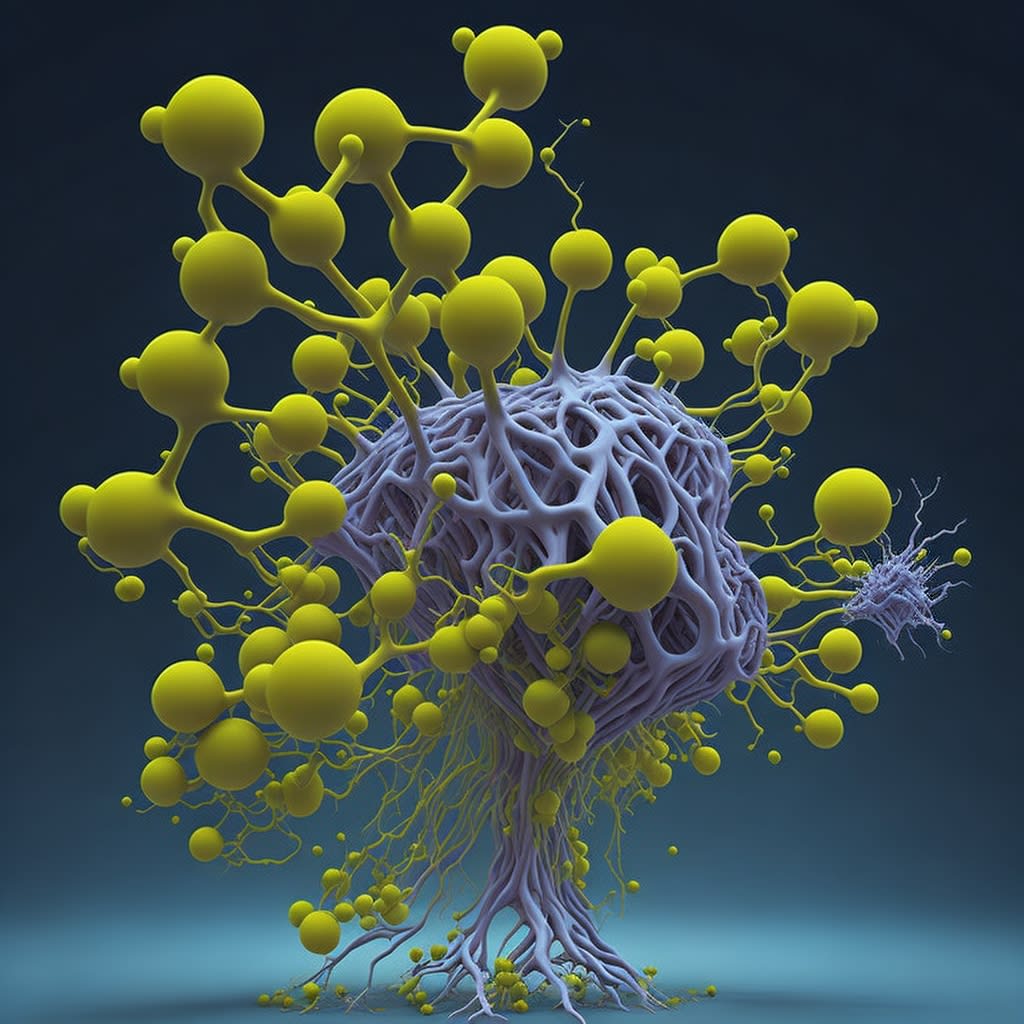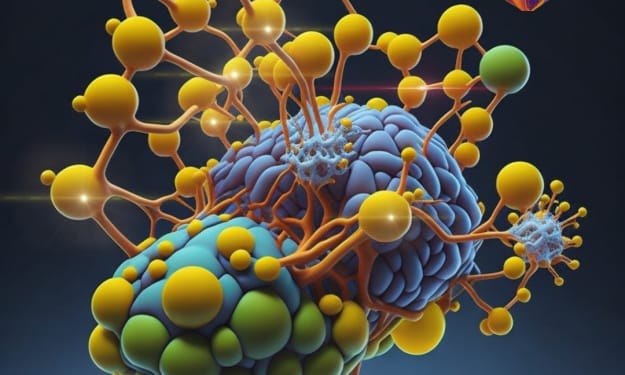Attraction, Love, and Lust
The roles of hormones in human emotions

Attraction, love, and lust are three separate experiences that can sometimes overlap and confuse individuals. Attraction is a feeling of being drawn towards another, while love is defined by compassion and emotional intimacy. Lust is driven by sexual desire. However, all three can involve the release of specific chemicals in the brain that can impact our thoughts and behavior. The three neurotransmitters that play a major role in this are dopamine, serotonin, and oxytocin.
Dopamine is a neurotransmitter responsible for controlling the brain's reward and pleasure centers. It is commonly associated with feelings of happiness and pleasure. When dopamine is released in response to a pleasurable experience, it reinforces the behavior that led to that experience. Dopamine also plays a significant role in attraction by creating feelings of euphoria and excitement in response to a potential mate. This feeling of "falling in love" is closely linked to the release of dopamine in the brain.
Serotonin, on the other hand, is a neurotransmitter that helps regulate mood, appetite, and sleep. It is often referred to as the "feel-good" chemical in the brain, as it promotes feelings of well-being, empathy, and compassion. Serotonin plays a role in both romantic and sexual attraction by promoting feelings of connection and emotional bonding. When levels of serotonin are high, individuals may feel more open and trusting towards others, making it easier to form meaningful connections.
Finally, oxytocin, commonly referred to as the "love hormone," is released in response to physical touch and is responsible for promoting social bonding. It plays a significant role in creating feelings of attachment and deep emotional connections between individuals. When oxytocin is released, it can promote feelings of trust and loyalty in relationships, helping to solidify the bond between partners.
While dopamine, serotonin, and oxytocin can all play important roles in attraction, love, and lust, it's important to recognize that each chemical can have both positive and negative effects on our relationships. For example, while dopamine can create feelings of euphoria and pleasure, it can also contribute to addiction-like behaviors and infatuation. Additionally, an overreliance on dopamine to sustain a relationship can lead to disappointment and dissatisfaction in the long term.
Similarly, while serotonin can promote feelings of connection and well-being, too much serotonin can lead to feelings of complacency or indifference. This can occur in long-term relationships, where individuals may become comfortable and complacent, leading to reduced intimacy and emotional connection.
Finally, while oxytocin is often considered the "love hormone," it can also promote feelings of possessiveness and jealousy in relationships, leading to feelings of insecurity and mistrust.
So, how can we use this knowledge to create healthier and more fulfilling relationships? One key strategy is to prioritize physical touch and intimacy in our relationships while recognizing the negative impact of over-reliance on dopamine based attraction. However, it is important to also foster emotional intimacy and connection, which can strengthen the bond between partners and promote feelings of satisfaction and happiness over the long term. Expressing gratitude, engaging in activities together, and finding common interests can also help to deepen emotional connections and strengthen relationships over time.
In summary, attraction, love, and lust are complex experiences that involve the release of specific chemicals in the brain. While dopamine, serotonin, and oxytocin can all play important roles in these experiences, it's important to recognize that each chemical can have both positive and negative effects on our relationships. Through nurturing both physical and emotional intimacy, we can create the foundation for healthy, fulfilling connections that can stand the test of time.






Comments
There are no comments for this story
Be the first to respond and start the conversation.